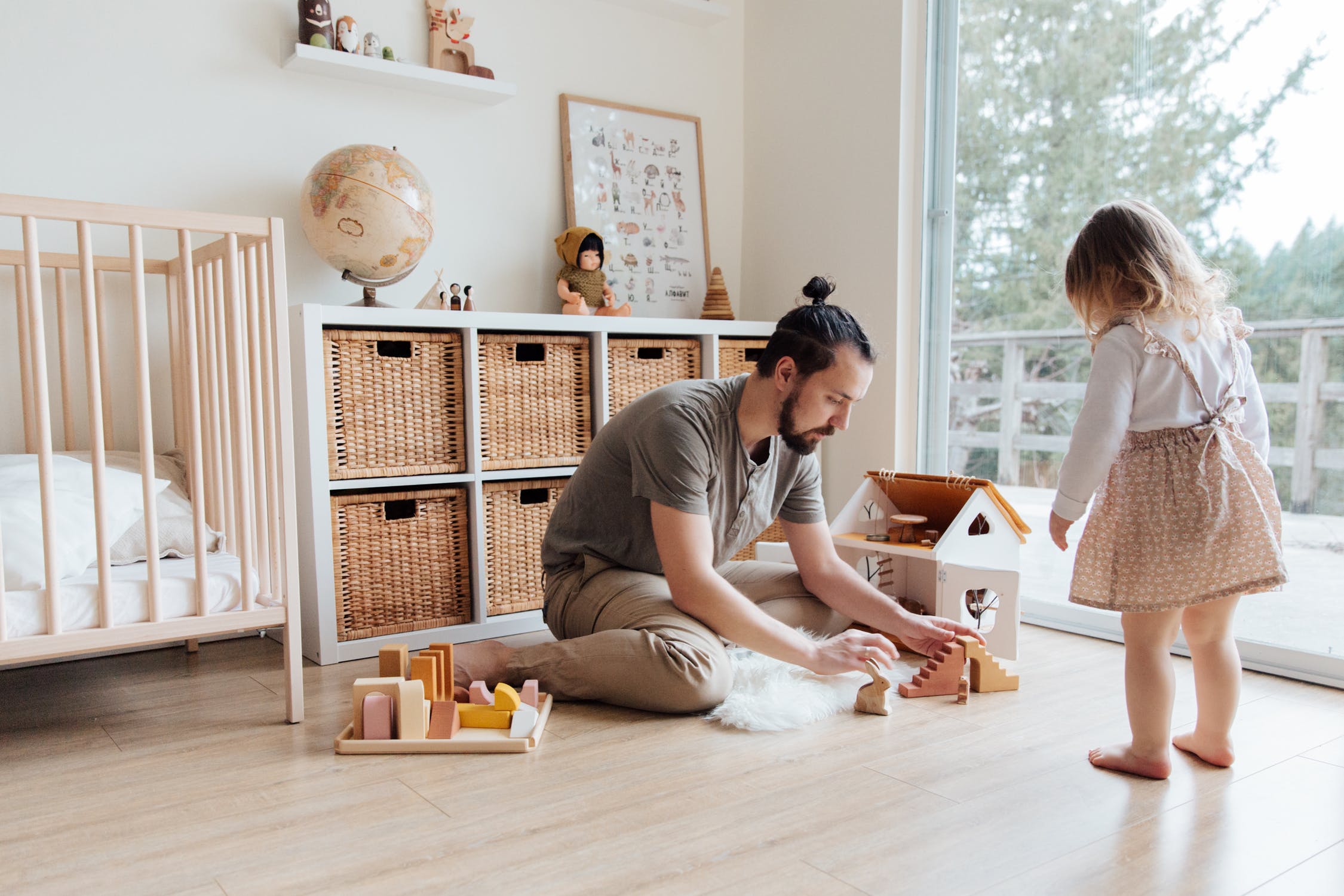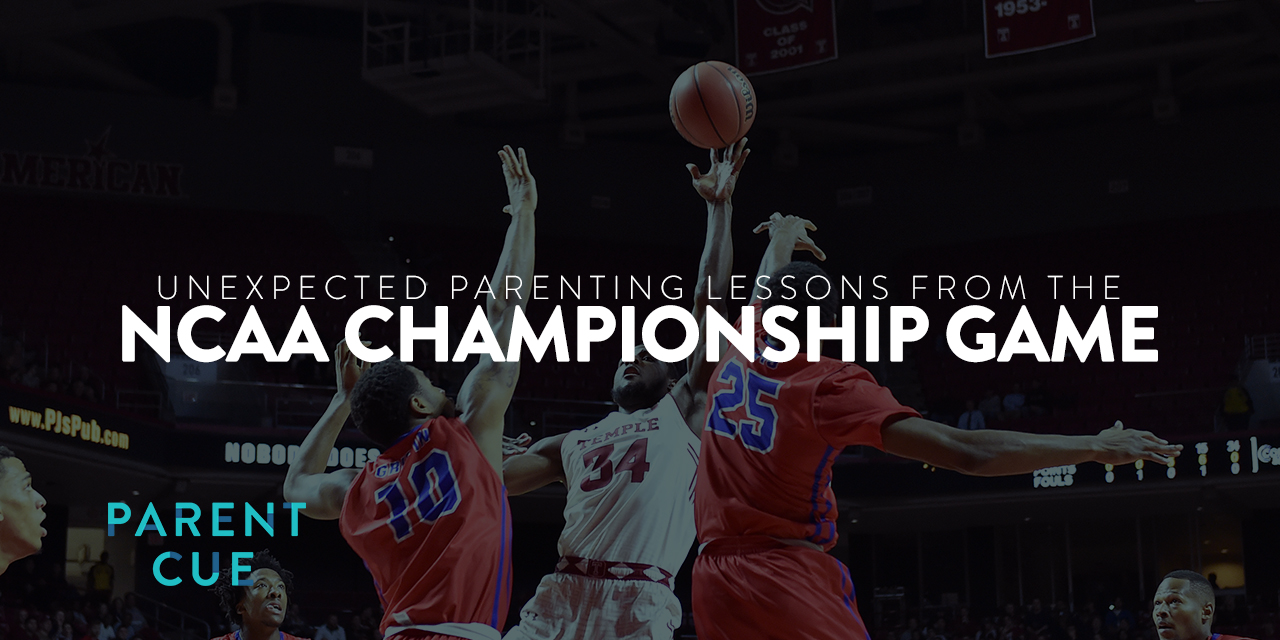
Few things are more emotional than family.
Your family began when two people fell in love. When you first held your child in your arms, it triggered feelings you had never felt before. Suddenly, you understood in a whole new way what unconditional love was.
Until, of course, your toddler woke you up at 5 a.m. and your three-year-old started biting all his friends. You were perfectly composed until your six-year-old scratched your brand new car with his bike three days after you picked it up from the dealer. You were having a perfectly sane day until your pre-teen looked at you with more sincerity than he’s ever shown about anything and said: “I hate you! You’re the worst parent in the world!”
Those events trigger a whole other set of emotions you didn’t know you had.
But, still simmering, later that night you step into their bedroom and you see them sleeping soundly—looking positively angelic—and you wonder how you could possibly even be mad at them.
Let’s face it, parenting is emotional. Way more emotional than you expected.
Even as a guy who’s not that emotional, I was shocked at how much family can trigger emotions like anger, disappointment and frustration. I’m sure women experience many more emotions than that, but as a guy, three’s about all we understand anyway. You get my point.
So, what do you do about that?
If you’re like me, your default is to try to discipline in the moment.
You’re angry.
They’re angry.
That part of your brain that ties logic to emotion is on override.
And you end up imposing a discipline that makes sense in the moment. But only in the moment.
About ten minutes later you ask yourself what you were thinking, and you either relent or end up enforcing a consequence that at this point even you think is dumb.
So, what do you do to fix that?
Here are three suggestions that have helped me manage my emotions as a dad (and husband):
1. Pre-decide the consequence of missed behavior. A lot of the time as parents, we make up the punishment for misbehavior on the spot—at the very moment when you, as a parent, are about to blow a gasket. Question: How wise is that? I mean, imagine if police officers got to do that. What if you got pulled over and the cop told you he was having a terrible day and since he didn’t like red cars and you were going far too fast he was going to lock you up for a decade. Civilized society doesn’t behave that way. So, why should civilized parents? Why not decide ahead of time what the consequence of disobedience on key issues will be? Better yet, why not explain them to your son or daughter? They might even try to avoid the behavior and the consequence. And even if they don’t, you don’t have to think on the spot. The consequence is pre-decided. Just like in the real world. Bingo.
2. Involve your older kids in choosing the consequence of their misbehavior. As my kids approached the teen years, my wife and I started asking them what they thought was fair in terms of consequences if they broke a rule. To our utter surprise, they sometimes suggested consequences that were stricter than ours would have been. (Win.) And we are known as fairly ‘strict’ parents. And even if you have to negotiate, humans tend to think rules are more fair if you had input into making them. We humans even tend to obey rules better when we help make them. And last time we checked, teens were still human. Give it a try.
3. Never make tomorrow’s decisions based on today’s emotions. This might be the biggest one of all. Anger and logic don’t mix well. Chances are you’ll think much more clearly about an issue that upset you after a good night’s sleep than you will in the moment. If the issue is a repeated pattern and you’re tempted to do more than just a quick discipline, take some time to think and pray through the issue overnight. Even talk it over with a spouse or good friend. Bottom line: when you stop making tomorrow’s decisions based on today’s emotions, you make much better decisions. That’s true in life as well as in parenting.
Those are three things that have helped me navigate the emotional ups and downs of being a dad.
What’s helping you? What are you learning? Few things are more emotional than family.




